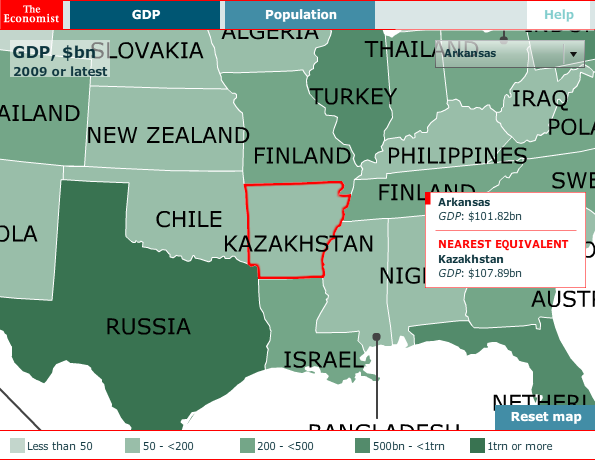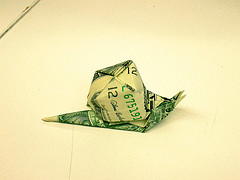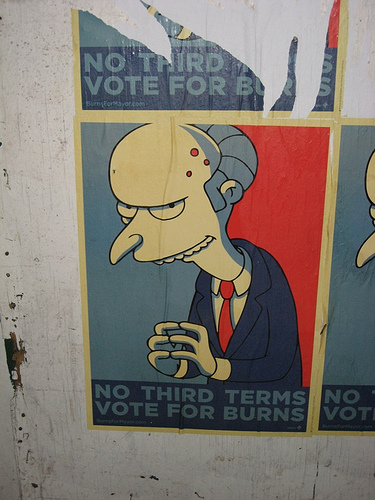
credit: vlima.com
Someone must have heard about the 6.1 billion hours Americans are spending slaving over their tax returns every year, because India is considering whether or not to simplify its tax system and allow roughly 17.5 million taxpayers to skip the tax return filing from now on.
Of course, this break wouldn’t apply to everyone. To qualify, taxpayers would have to be salaried (which means you are paid annually, not hourly, so that your employer and bank can accurately report your earnings to the government), and you must have no additional source of income.
In the U.S., people spend a lot of time trying to reduce their taxes by claiming deductions for things like charitable donations and education expenses. If India eliminates this process for half of its taxpayers, does that mean they don’t offer the same kind of tax breaks?




